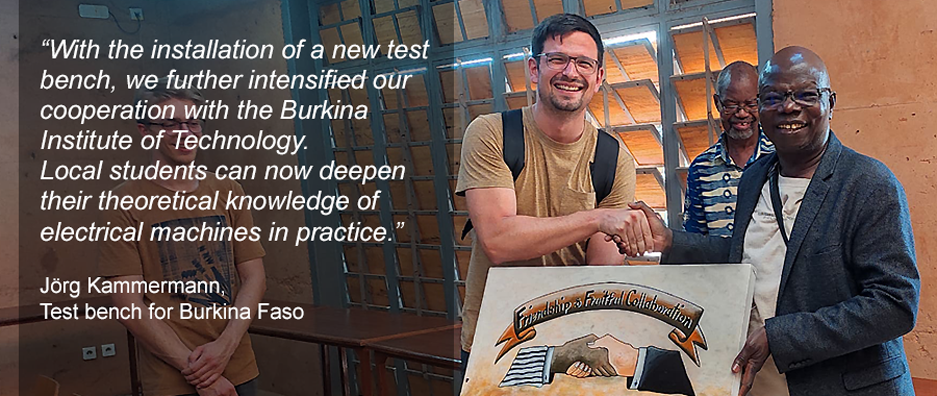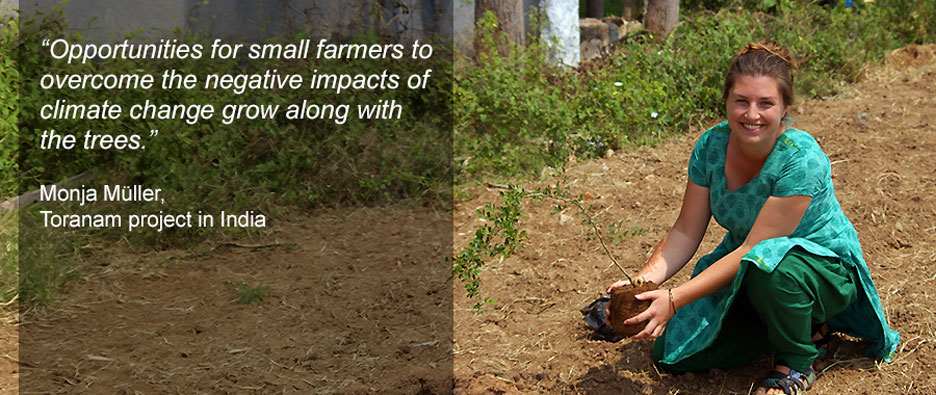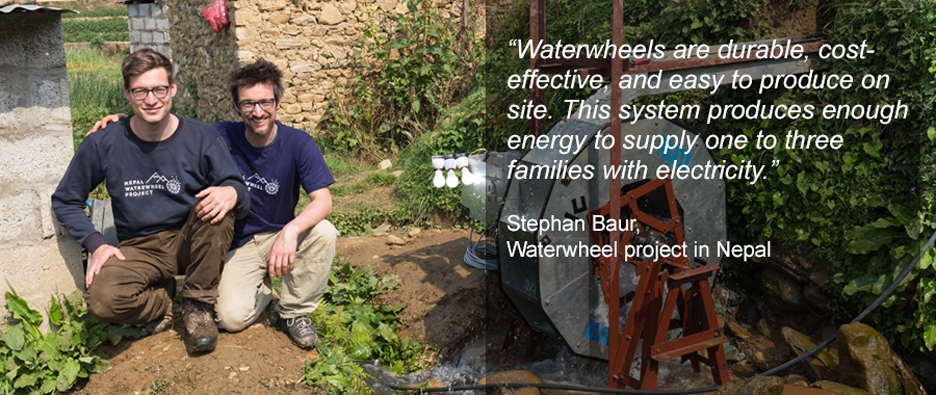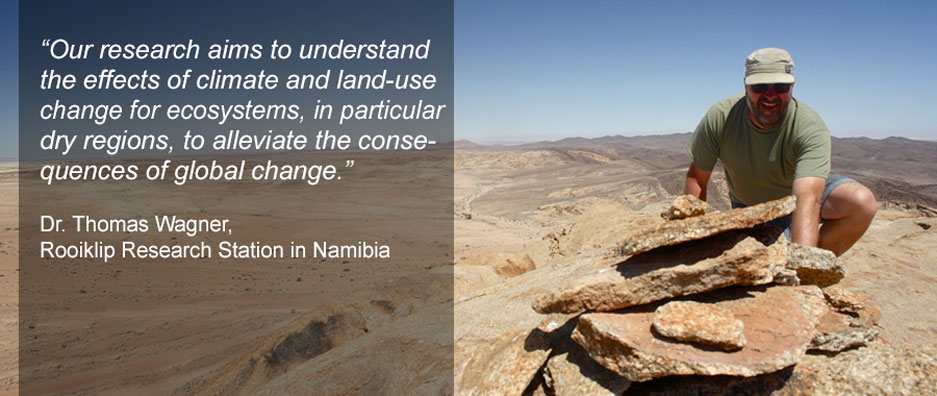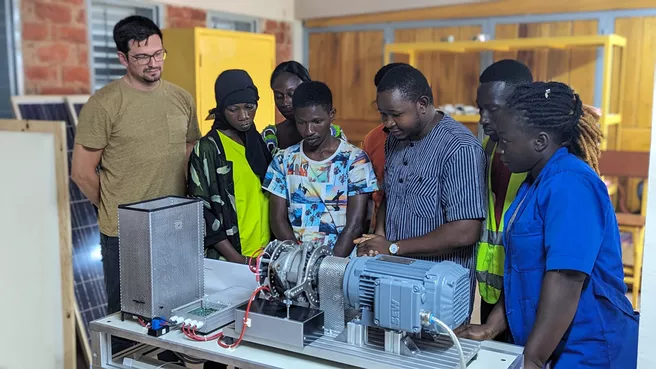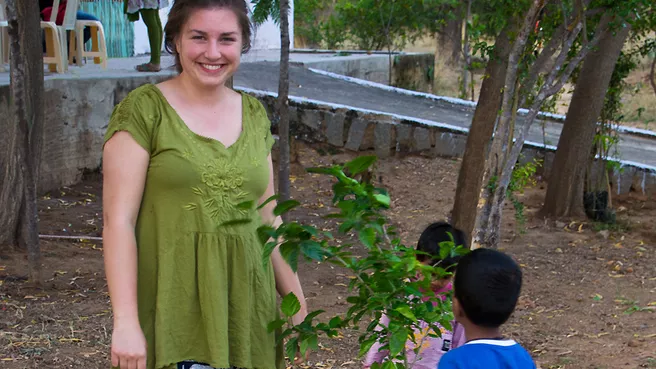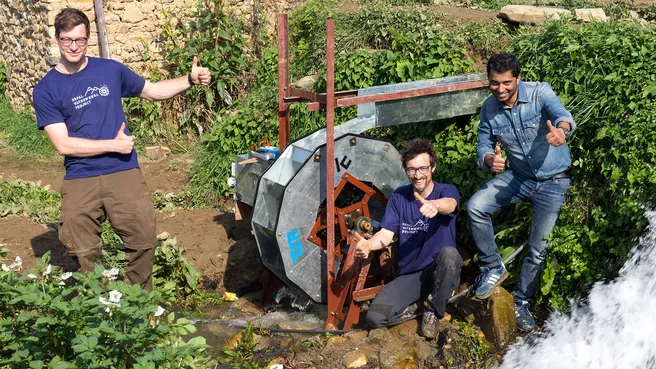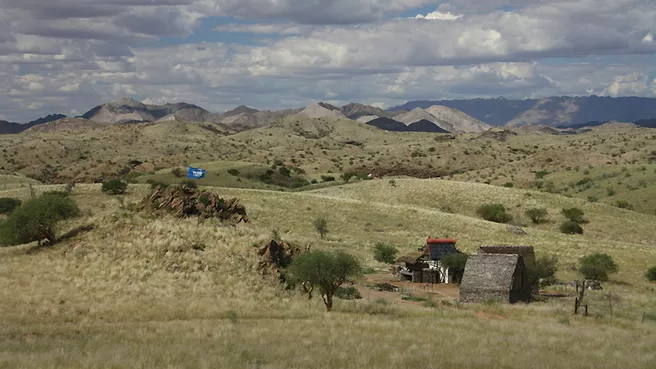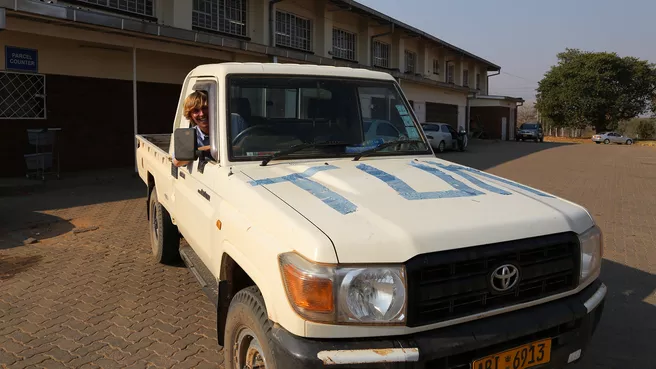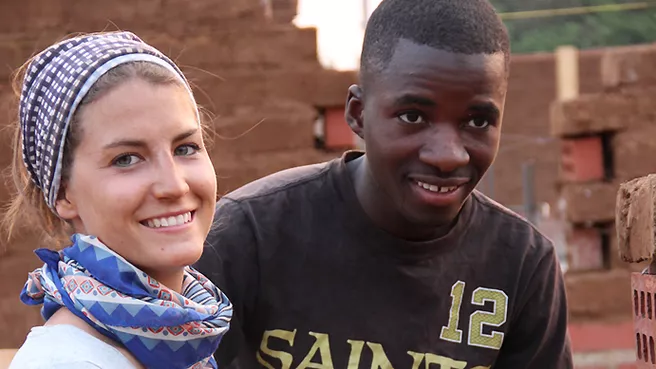Through the TUM without Borders scholarship program, academics, students and employees at TUM explore societal challenges facing the entire world, such as climate change or the lack of sufficient energy or health care to support growing populations. Their commitment plays a valuable role in improving global economic, social and ecological conditions over the long term.
Development cooperation projects at TUM are multifaceted, involve a wide variety of fields, and are run by local partners around the entire world. For example, employees and students are involved in the construction of an innovative school auditorium in Tanzania, and medical students are working on humanitarian initiatives in Nepal and Myanmar.
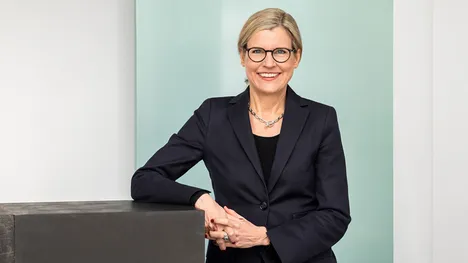
“Countless TUM students, employees and academics are working in projects in developing countries, trying to find sustainable solutions to global challenges – including ways to combat illnesses or provide energy and food while conserving resources. We are proud to support this commitment.”
Univ.-Prof. Dr. med. Juliane Winkelmann,
Executive Vice President for International Alliances and Alumni
Machine test bench for the Burkina Institute of Technology (BIT)
After the opening of the BIT in 2018, the management approached the TUM Professorship of Energy Conversion Technology with a request for support in practical teaching. Based on the needs of the teaching staff in Koudougou, Burkina Faso, TUM developed a test bench for electrical machines. The test bench enables the electrical and mechanical behavior of an induction machine to be investigated. Local students can thus verify the theory they have learned in practice. Teachers were also trained in how to use the test bench. Kilian Brixel, a student at the Professorship of Energy Conversion Technology, worked on the development of the test bench as part of his bachelor's thesis and carried out the training sessions in Koudougou with Dr. Jörg Kammermann.
Toranam – Environmental education centers in southern India
Many small farmers in southern India are challenged by increasingly severe periods of drought caused by climate change. Monja Müller, studying Forestry Science at TUM School of Life Sciences Agricultural and Horticultural Sciences department, wants to help with the Toranam project which she initiated together with her fellow student Franziska Weißörtel. The team is working on building a demonstration farm in the state of Andhra Pradesh where farmers can learn how to get good crop yields despite drought using agroforestry and sustainable water management.
Video: Toranam – Sustainable development project in southern India
Waterwheel project – Small hydropower plants for Nepal
Around seven million people in Nepal have no electricity, which can cause supply issues especially in remote mountainous regions. Stephan Baur from the Renewable Energy and Sustainable Energy Systems Department at TUM came up with the idea to build a small local hydroelectric power plant. After working with Kathmandu University to develop the concept and collaborating with local builders, it was possible to build the first prototype near Kathmandu with strong support from student Johannes Eisner.
Video: Documentation waterwheel project – "Originally we wanted to go mountain climbing"
Rooiklip Research Station – Ecological research in Namibia
Africa's ecosystems are under pressure due to population growth, regional conflicts and, above all, climate and land use change. This applies particularly to the dry countries of southern Africa, such as Namibia. Together with the Namibia University of Science and Technology or the Ministry of Environment, Dr. Thomas Wagner's team at the Rooiklip Research Station works on solutions to counteract global consequences of the different ecological disturbances.
Further information about the Rooiklip Research Station of TUM's Chair of Restoration Ecology
